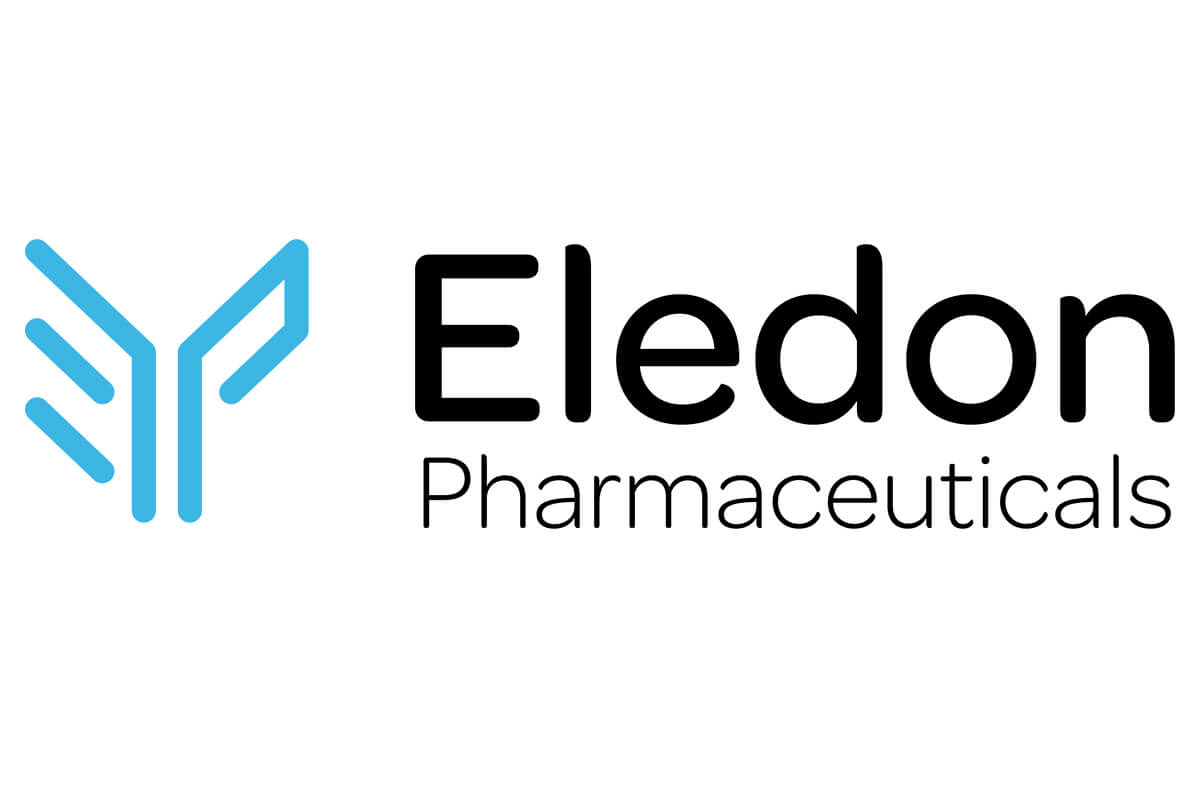
There’s a new approach to cell therapies for T1D being tested in human clinical trials—and Breakthrough T1D deployed resources in many different ways to support it
Cell therapies are one of Breakthrough T1D’s biggest priority areas. For decades, we’ve funded the best and brightest to pursue the most promising ways to figure out how to place insulin-producing cells inside people and keep them there without the use of immunosuppression.
Eledon, a biotech company developing immunotherapies that modulate the immune response with fewer detrimental side effects, recently announced a new round of funding of approximately $50 million. This includes an investment by the T1D Fund: A Breakthrough T1D Venture—and the research team at University of Chicago Medicine’s Pancreatic and Islet Transplant Program launched a clinical trial in T1D.
Their drug tegoprubart, an anti-CD40L antibody, is currently in clinical trials being evaluated for prevention of rejection in kidney transplantation. Current drug regiments for cellular and organ transplantation have significant side effects, so tegoprubart aims to permit transplanted kidneys to thrive with fewer side effects. So far, a Phase 1b trial is demonstrating tegoprubart prevents kidney transplant rejection while showing a good safety and tolerance profile.
The use of immunosuppressive drugs (e.g., calcineurin inhibitors) leads to an increased risk of infections and malignancies. It also contributes toxicity to the kidneys, nerves, and the islet cells themselves. This is why only people with hypoglycemia unawareness who have had severe hypoglycemic events are eligible to receive islet cell transplants. Novel and more targeted drugs that can inhibit immune responses toward transplanted islets while circumventing these side effects could shift the risk-to-benefit calculation and allow a broader population of patients to access this therapy. Tegoprubart could be one of these drugs.
Breakthrough T1D and the T1D Fund have been in contact with Eledon for several years about the prospect of using this drug with transplanted cadaveric islets. Now, the company has announced a new round of funding—and the first T1D patient has received the therapy in a clinical trial.
If this clinical trial goes well, this therapy has the potential to be used in conjunction with stem cell-derived islets as well, thus eliminating the need for deceased donor islets. While the current study is testing the therapy in established T1D, this therapy also has the potential ability to slow down the progression of T1D in individuals in stage 2 (or earlier) T1D. Breakthrough T1D is working with Eledon to explore all potential uses in T1D.
This trial, which is conducted by the research team at University of Chicago Medicine’s Pancreatic and Islet Transplant Program is being funded by Breakthrough T1D and The Cure Alliance, and would not have been possible without the ongoing support of Breakthrough T1D, the T1D Fund, and the team at The Cure Alliance.
We look forward to seeing results from this clinical trial in the future.
The study is currently recruiting. If you’re interested in enrolling, you can learn about the clinical trial here.